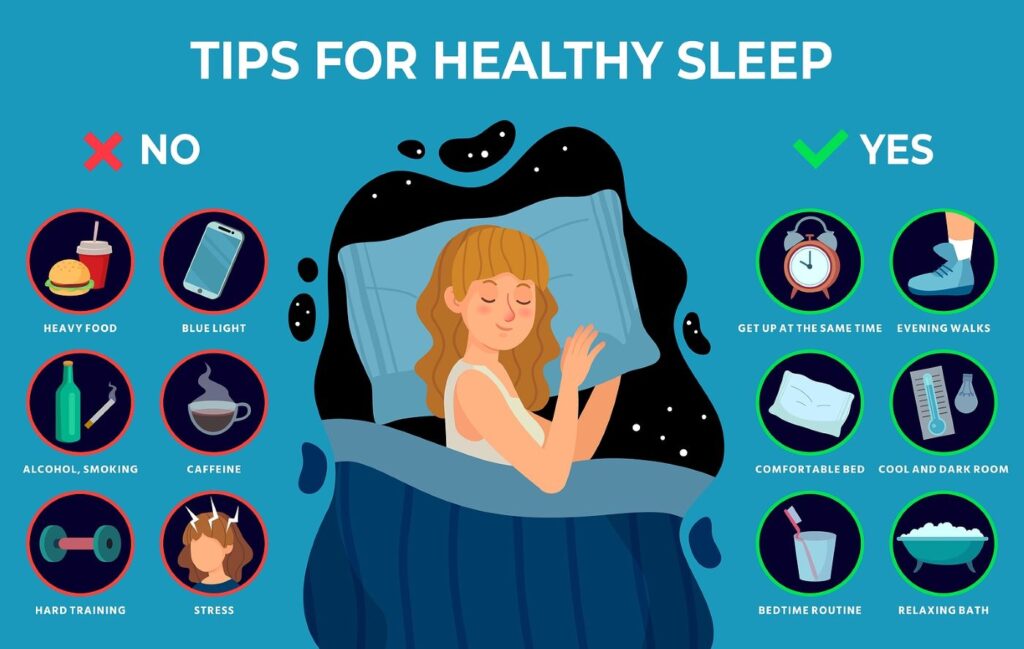Sleep
How sleep affects your mental health, and how to correct your sleep schedule.
Why sleep is important
Almost every single mental illness has a relationship with sleep, either making less/lower quality sleep more likely or being worsened by less/lower quality sleep.
One study found that the emotional response from the amygdala was hyperactive and overreacting by 60% in those who were sleep deprived compared to those who were not.
It was also found that the prefrontal cortex, which controls the amygdala, had a significantly worse connection to the amygdala in those who were sleep deprived.
During sleep, our emotions and experiences throughout the day are processed, which explains why often when you “sleep on something” and come back to it the next day, you have a completely different outlook.
Not only mentally but also physically, we are affected by sleep in so many ways. The large majority of physical illnesses also have significant links to a lack of sleep length and quality. This happens by negatively affecting your immune system, creating toxic proteins in the brain, and also inducing stress within your body.
Improving Sleep Quality
- Screen time, and more specifically, blue light, will inhibit melatonin production, making it much harder to fall asleep. Ideally, you should avoid screens 2 hours before sleep.
- Try to get 30 minutes of moderate exercise most days.
- Go to Sleep and wake up at the same time each day, a regular sleep schedule.
- Avoid caffeine in the afternoon.
- Avoid heavy meals before sleeping.
- A cool room.
- A consistent bedtime routine, acting as a Pavlov’s dog concept for your body.
All of these things will help improve your sleep quality significantly.
How To fix your sleep schedule
The best way to fix your sleep schedule is to wake up earlier, not go to bed earlier. It is much harder to fall asleep when we are not tired than it is to wake up when we are tired.
There will be an unavoidable few days of tiredness, but eventually, your sleep schedule will adjust, and it will feel natural.
Try setting an alarm and putting it out of reach when you wake up, such as on the other side of the room. You are then forced to get up, making it harder to fall back asleep. If you need to use things like coffee/caffeine to help during the day, it will be useful.

